@Unaccounted4 just shows you that wine runs on just about anything
And it starts... #DebConf23

About to have a press release with local newspapers and TV channels for #DebConf23 with local team and Infopark representatives. Oddly relaxed about it too.
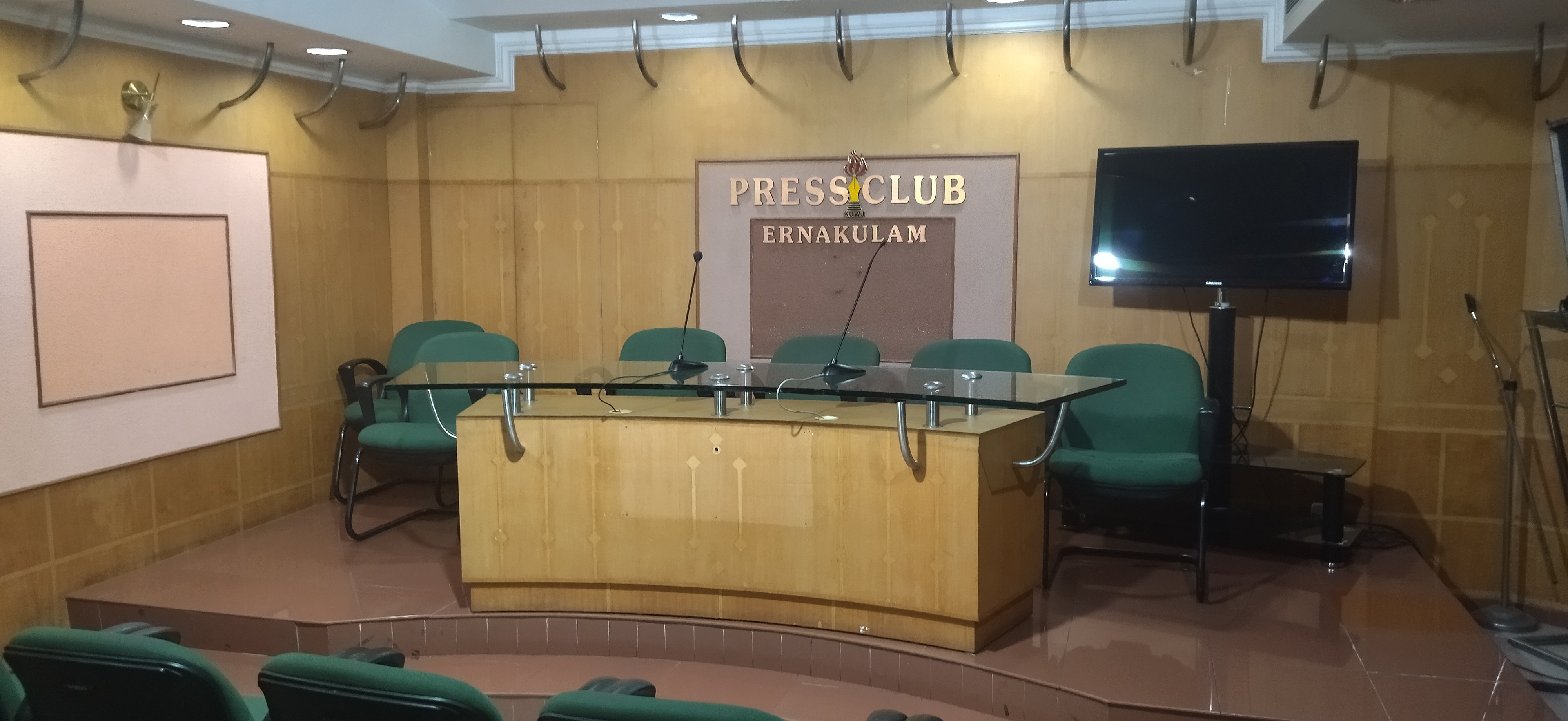
re: DebConf23 swag
@devrtz There are some more surprises on its way! (we dont' have enough for everyone, but for people who microblog about DebConf stuff, we'll make sure there will be!)
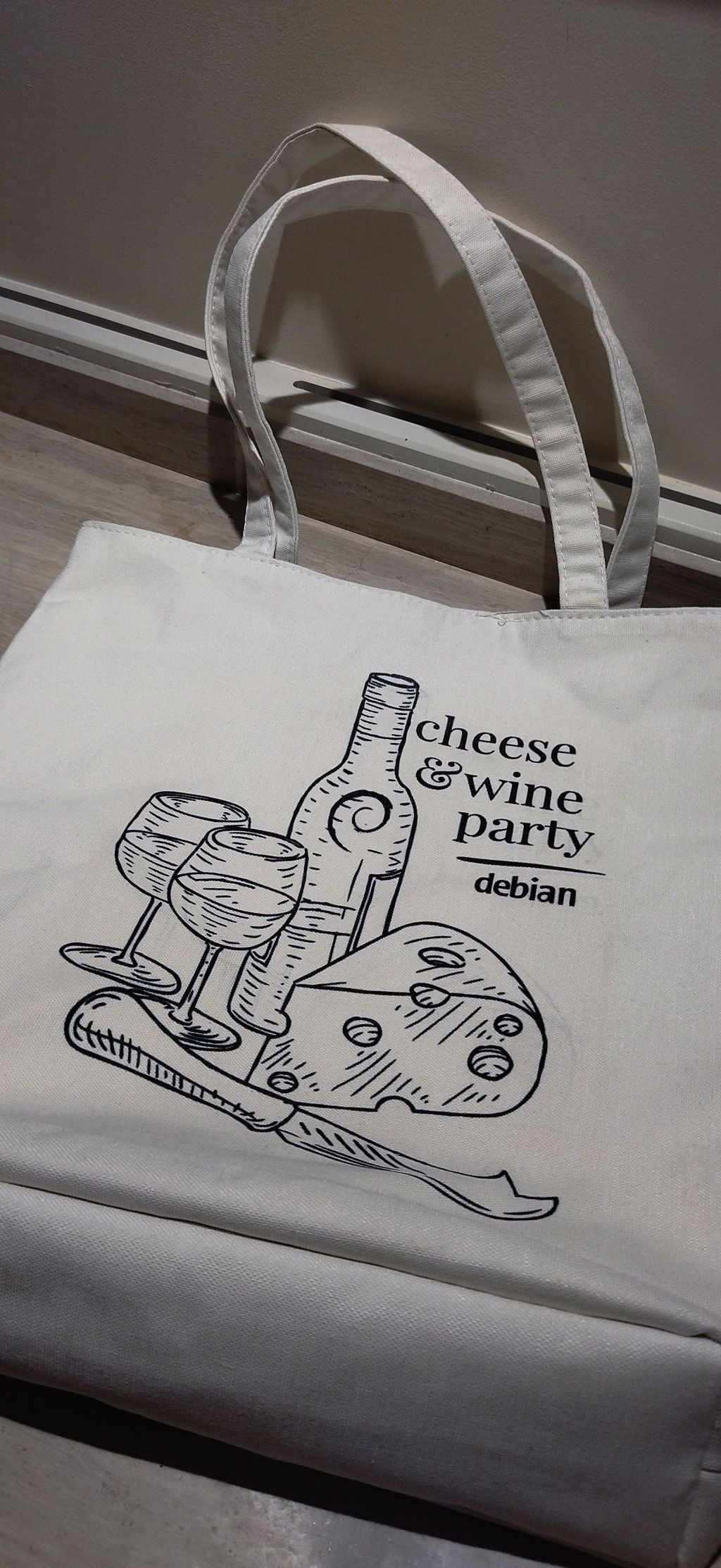
@jalcine Eep hang in there, rooting for any good news there
@juliank I used about the same the last week to keep my bedroom warm the last week. If only it was possible to build a heat ex-changer that works between the southern and northern hemispheres!
I know I'm very biased, but I'm really just blown away how easy all my Debian bookworm upgrades are going. Thanks to everyone who made that possible!
@mattl @dsfgs @ItsSheVee Yeah with so many things in the world to worry about, desktop Linux is one of the last things that needs concerned, since it's literally bigger than ever (original source from statcounter: https://www.i-programmer.info/news/126-os/16464-linux-has-over-3-desktop-os-share.html)
Last week I talked to the guys from The Changelog podcast about Debian and it's 30th birthday, it's now up at:
https://changelog.com/podcast/553
I haven't had the courage yet to listen to it myself, hopefully their producers managed to make something coherent from my usual Debian babbling :-)
https://changelog.com/podcast/553
I haven't had the courage yet to listen to it myself, hopefully their producers managed to make something coherent from my usual Debian babbling :-)
Some pictures from yesterday's Debian's 30th birthday celebration in Kochi along with 19th birthday of OpenStreetMap.
The event was covered by Deshabhimani [Malayalam] https://www.deshabhimani.com/news/technology/open-street-map-kochi/1110867
#debianday #debian #debianindia #osm #osmkerala
The event was covered by Deshabhimani [Malayalam] https://www.deshabhimani.com/news/technology/open-street-map-kochi/1110867
#debianday #debian #debianindia #osm #osmkerala
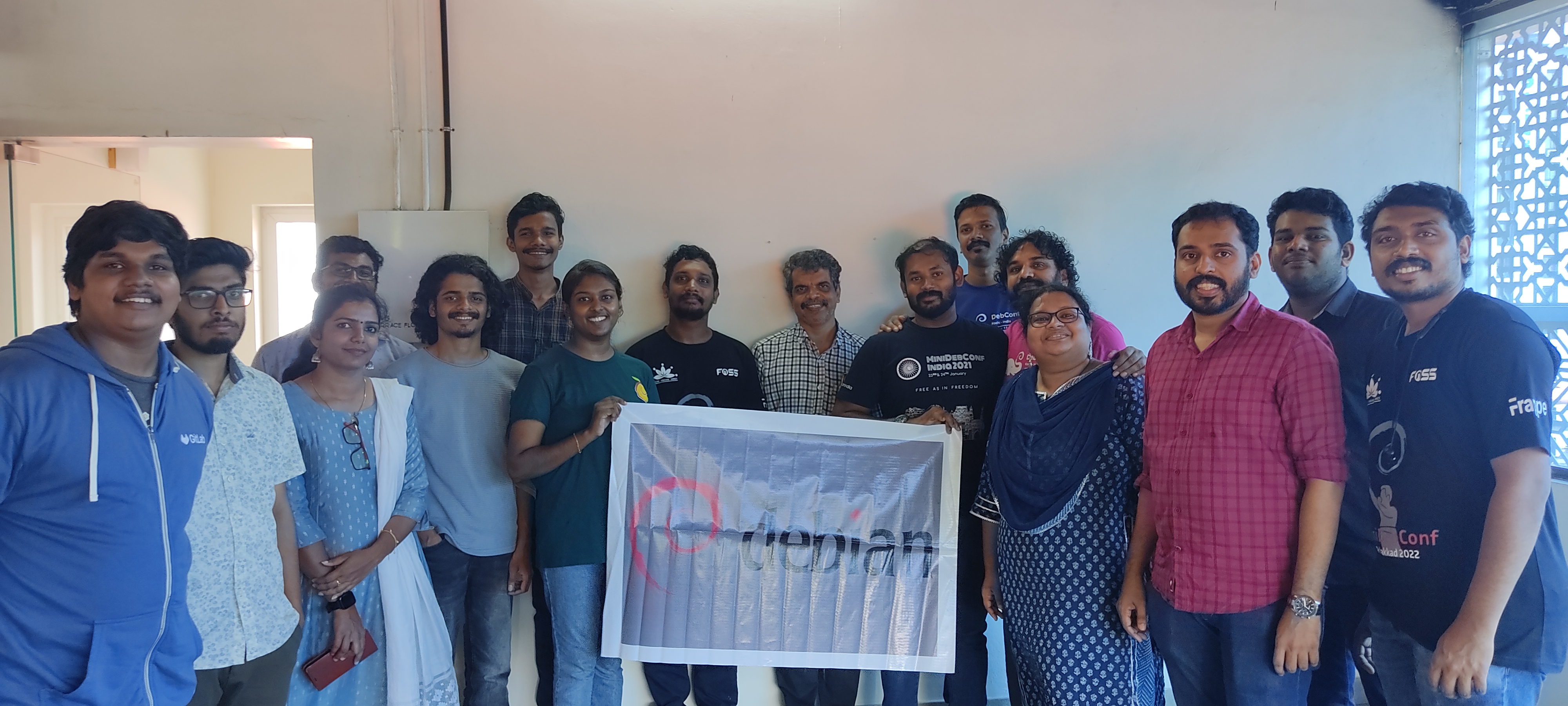
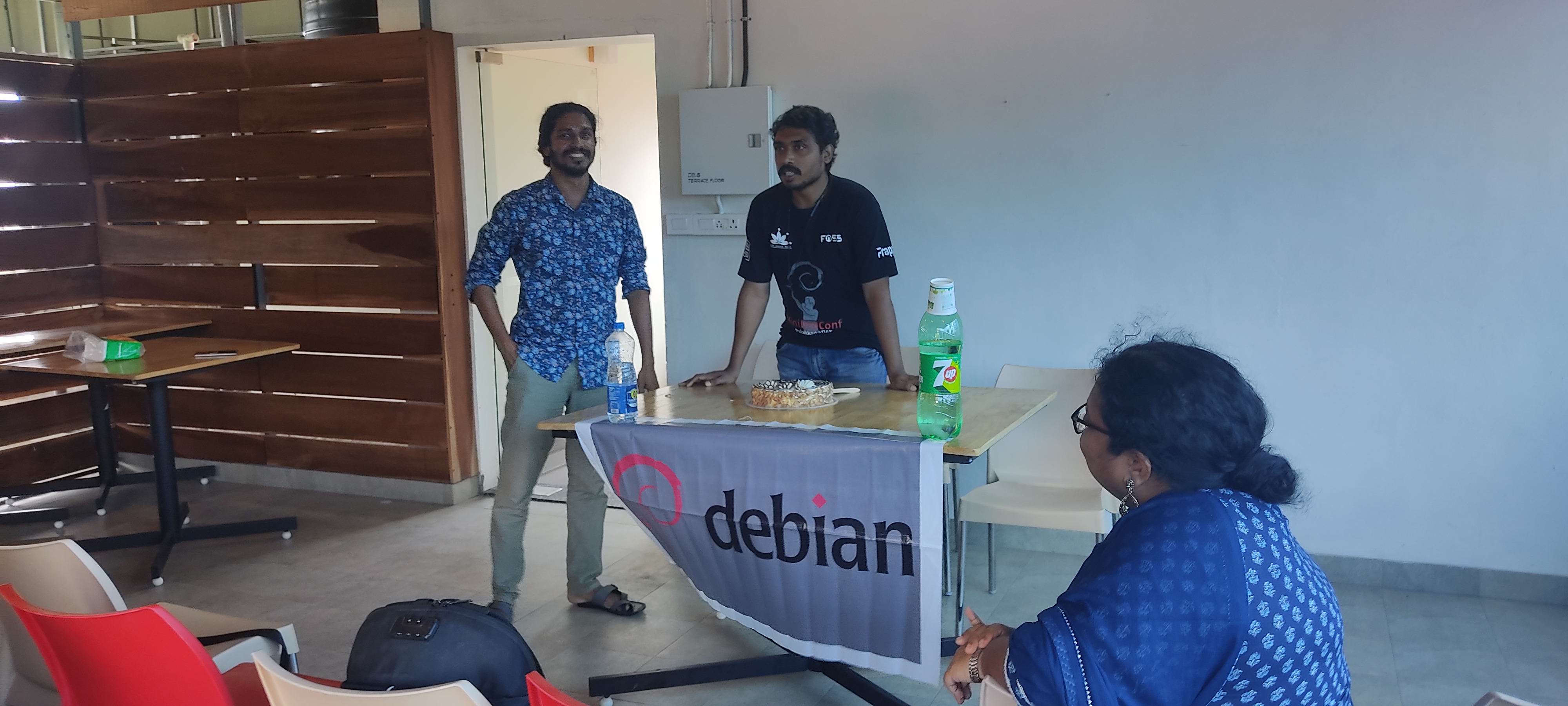

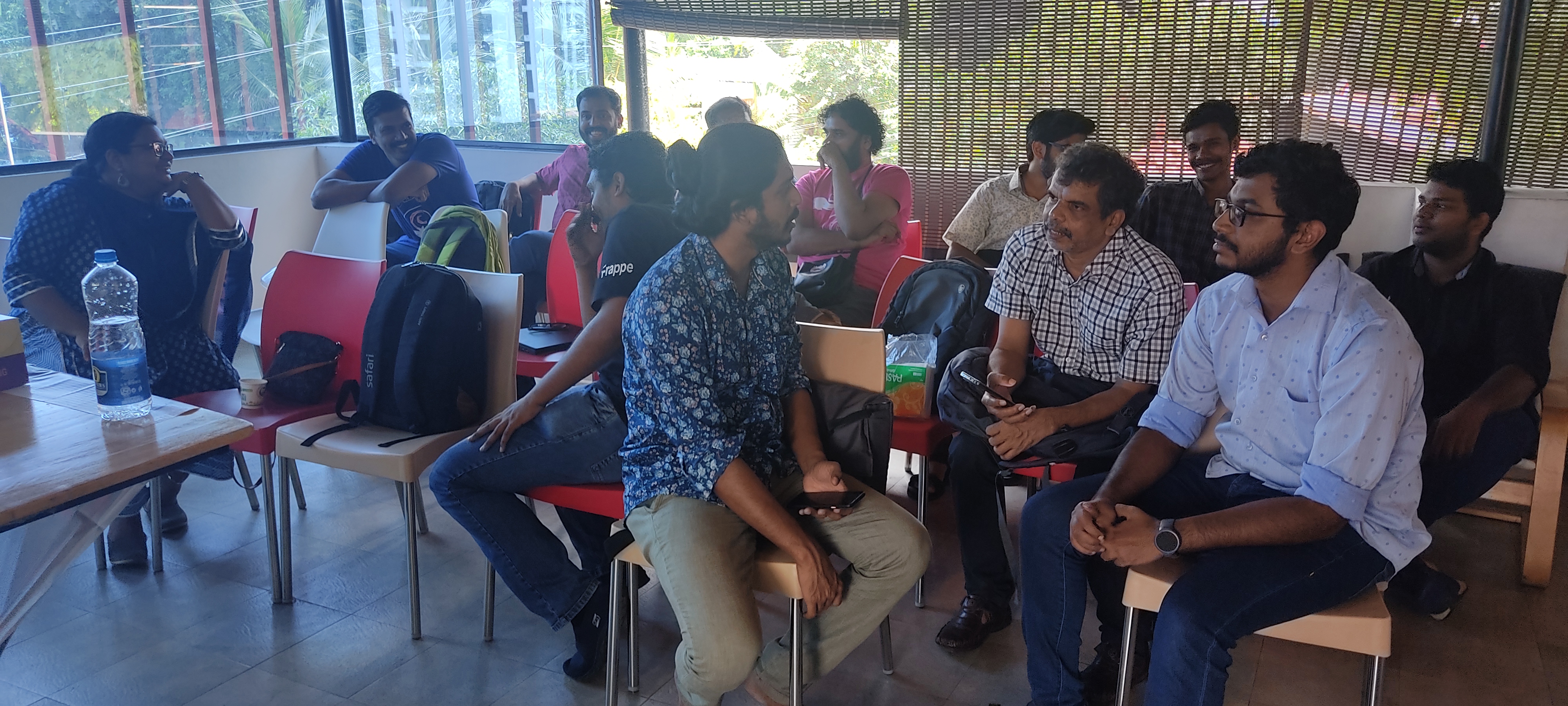
A cake has materialized. #debianday
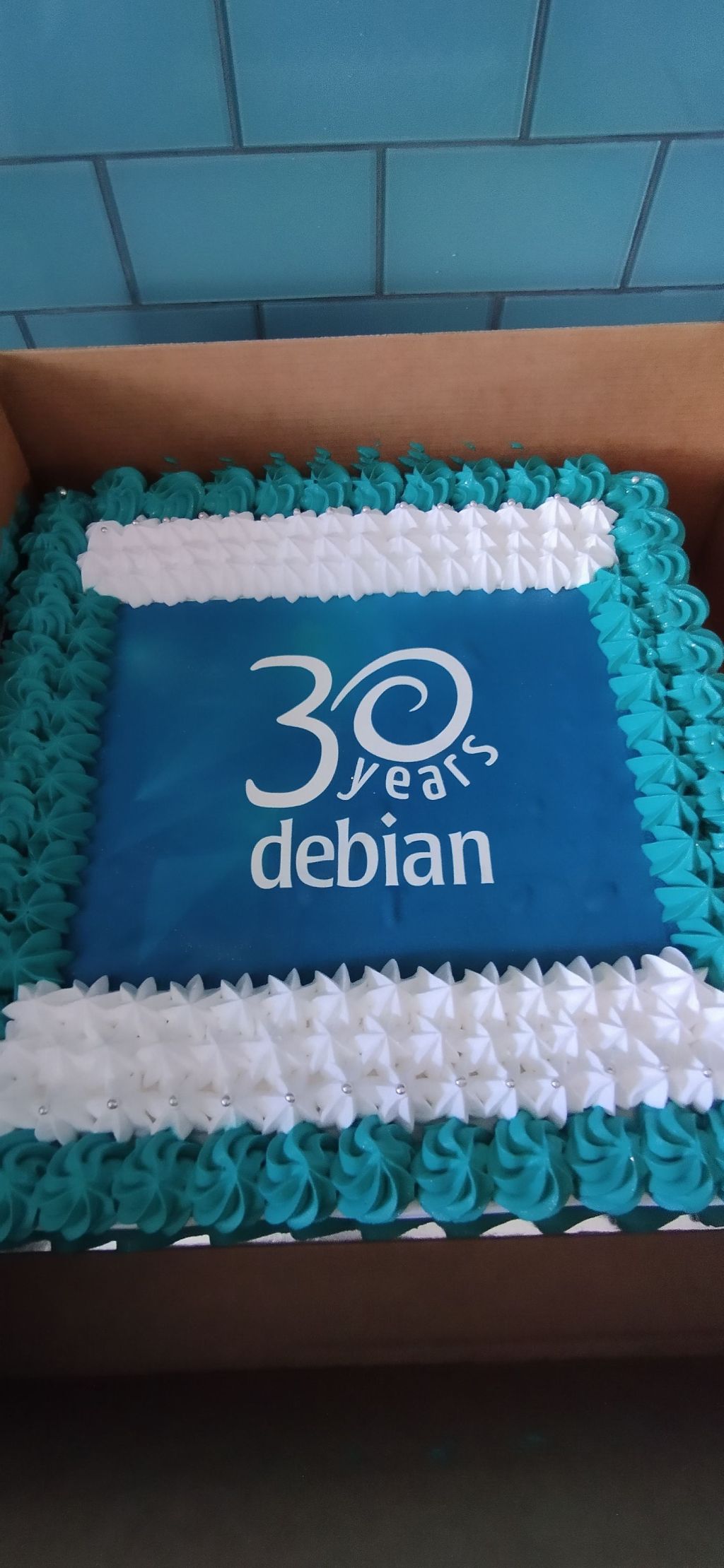
"The time has come to concentrate on the future of Linux rather than on the destructive goal of enriching oneself at the expense of the entire Linux community and its future." -Ian Murdock, 1994
@passthejoe I have no idea, I've never used it. Whichever backup tool you use, it's good practice to test your restore procedure so that you know how (or if) it will work
@passthejoe I haven't used flatpak that much but, check if you have a .var directory, I believe flatpack apps store their data there
re: food, vegan, cake
@juliank Wow and so stylefully cut, too.
Nice, LXD has been forked to Incus: https://github.com/stgraber/incus
@pezmico Yeah in my view, if someone thinks that we're at "Fuck" now, then they're basically a climate change denier. We haven't even had any wars about water yet or 10%+ of the world population starve due to climate change. We're still playing on easy.

